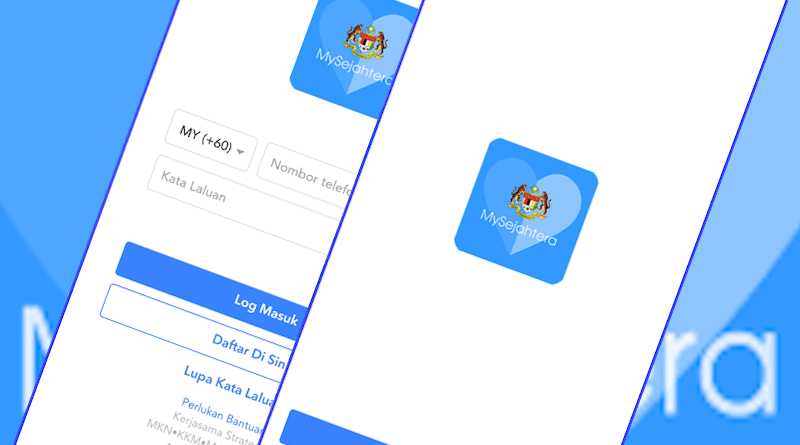Will The MySejahtera App Become Part Of A National Digital Identification (NDI) System? – Analysis
Will Malaysia’s surveillance state be controlled by cronies?
While opposition leader Anwar Ibrahim and the Minister of Health Khairy Jamaluddin are arguing over whether the MySajahtera app which was used for contact tracing during the Covid-19 pandemic, the important questions are not being asked. Why is the MySajahtera app being enhanced, while similar apps in other countries across the world are being disassembled? We are nearing the end of the Covid-19 pandemic, the need for contact tracing is not necessary, as we are entering the endemic stage of the disease.
What is the intended use of MySajahtera in the future, and why does MYSJ Sdn Bhd need to manage the app, that should be closing down?
To shed light on the subject, one has to go back to the 12th Malaysian Plan document. The government is implementing a national bio-metric registry system across the whole nation. This will be known as the National Digital Identification (NDI) system. Under the section of Digital Governance in the 532 page document, a plan for developing a digital identity system is explained.
The planned digital identification system using new data technologies and software will be used to hold the bio-metric and other personal data of all Malaysian citizens. The National Digital Identification (NDI) will contain names, aliases, personal details, along with facial bio-metrics, and fingerprints. According to the document, this information will be linked up with government departments and ministries across the government including, Lembaga Hasil Dalam Negeri, or the taxation office, law authorities, Social Welfare Department, Election Commission, National Higher Education Fund Corporation, Labour Department, Ministry of Health, Motor Vehicle Licensing, immigration, and the courts.
Coupled with CCTV systems around the country, the NDI can be used in facial recognition systems.
The plan states that this scheme will be rolled out in 2022, after the Personal Data Protection Act is reviewed and amended to “provide greater rights and control over personal data as well as clarity on personal data management using technology”. The government sees this move as necessary to curb data fraud and enhance the protection of personal rights. The NDI is intended to be a platform for personal authentication. It is also intended for use in banking and other online transactions.
The plan argues that this measure is extremely important to enhance government efficiency for service delivery and online transactions. It is argued that the NDI will enhance government transparency.
One of the greatest concerns is security. A very recent report alleges that the personal data of Malaysian citizens aged 23 to 43 held by the National Registration Department (JPN) was put up for sale online. However, if the myIDENTITY platform, which contains the personal information of Malaysian citizens has been breached, security of the proposed NDI system cannot be guaranteed. There have been a number of leaks of personal data over the years, despite the existence of the Personal Data Protection Act.
A similar bio-metric system was implemented by the Thai government in the three southern most provinces in the Deep South, Patani, Yala, and Narathiwat, as a tool against the insurgency. This has linked into surveillance technology with CCTV systems, biometric data and AI software that can match up and utilize biometric data within the CCTV system, now enabling the conduct of technological surveillance on a wide scale throughout the southern border provinces. This led to great resistance and suspicion of Thai government intentions by the Thai Malays within the region.
Sources informed the author that the Syed Mokhtar Al-Bukhary Group, which was awarded a 5G telecommunications spectrum license is keenly seeking the multi-billion Ringgit contract to develop and operate the national bio-metric register. The Syed Moktar group has interests in the rice monopoly BERNAS, Aliran Ihsas Resources, controlling Johor water, Gas Malaysia, Malakoff electricity generation, MODENAS, HICOM, Honda, Bank Muamalat, Asia Insurance, PUSPAKOM, MMC railway construction, Senai Airport, Tanjung Pelapas Port in Johor, and POS Malaysia.
According to Anwar Ibrahim, some of the directors of MySJ Sdn Bhd, are linked to the UMNO and Bersatu political establishment. These included Najmuddin Megat Khas, the non-executive chairman of Sime Darby Plantations Bhd, and Shahril Shamsudding, the ex-CEO of Sapura Energy, according to Code Blue.
Its necessary for the government to come clean on their future intentions over the use of the MySajahtera App. More importantly, with the National Digital Identification (NDI) system be under the control of the government, or political cronies?

